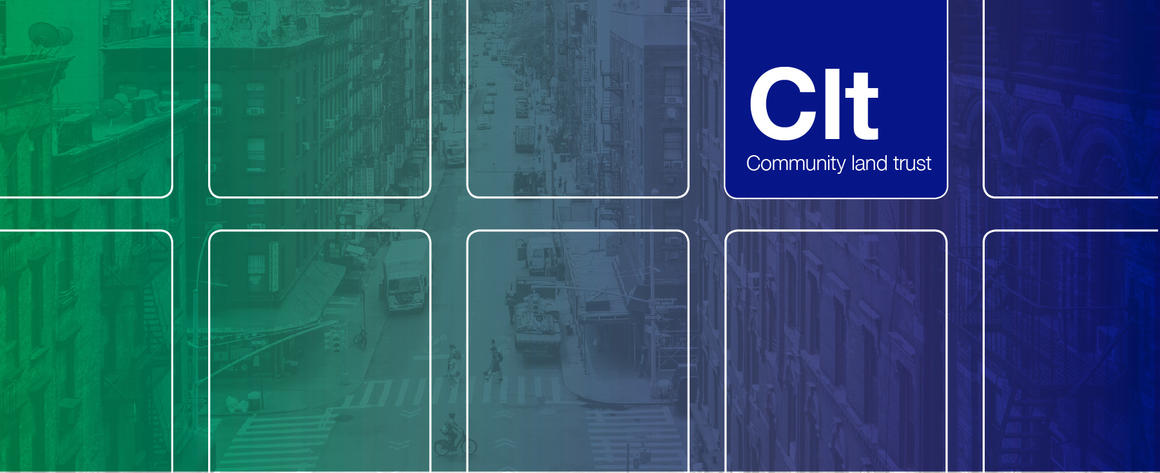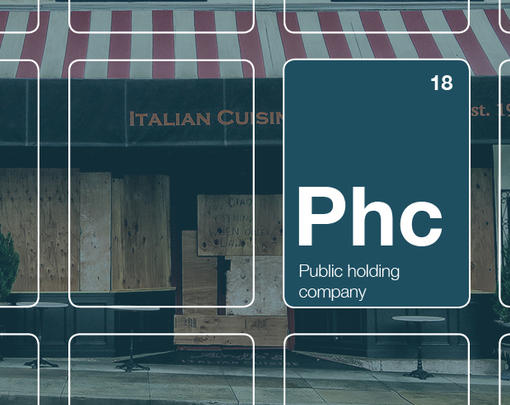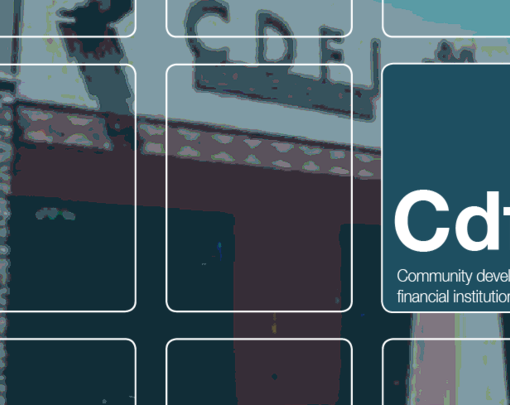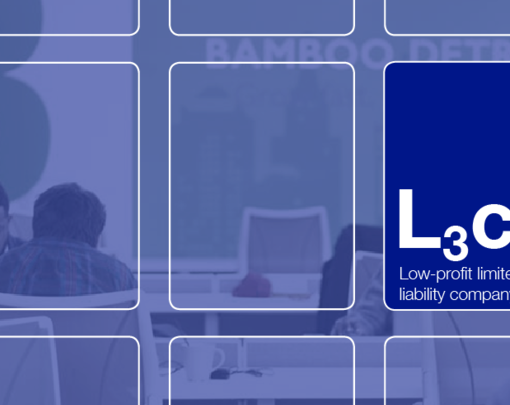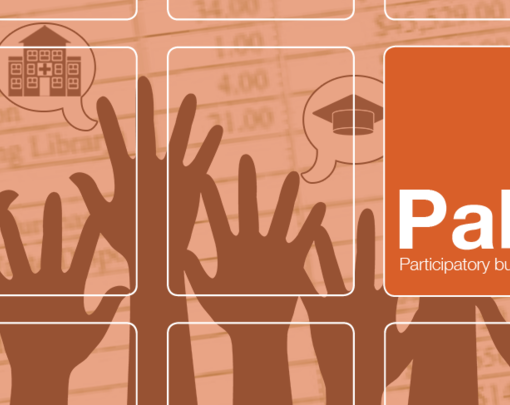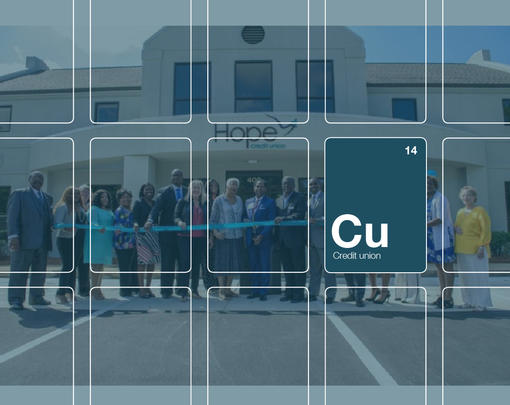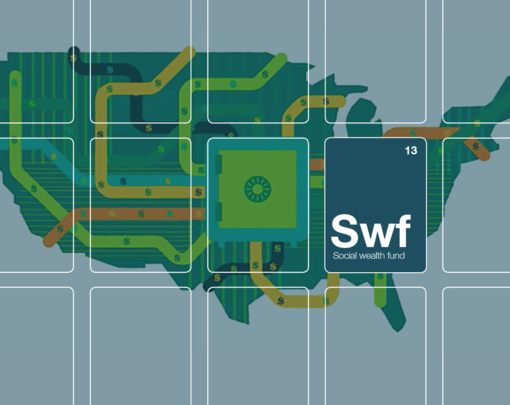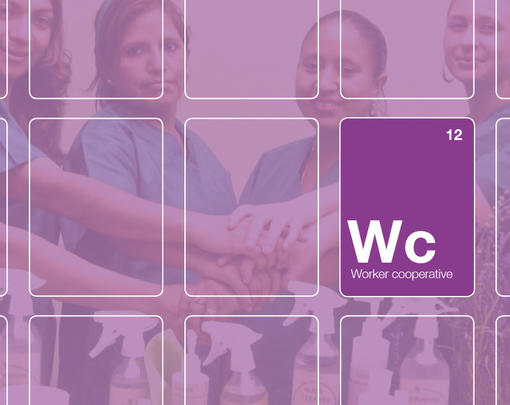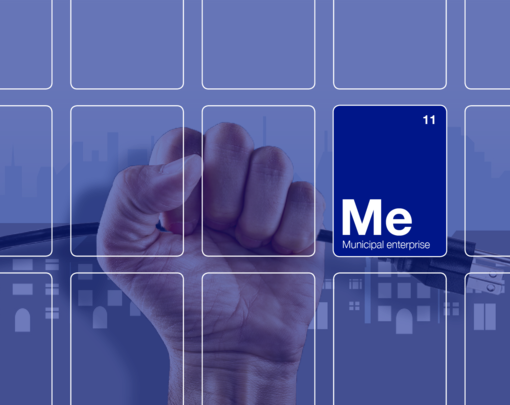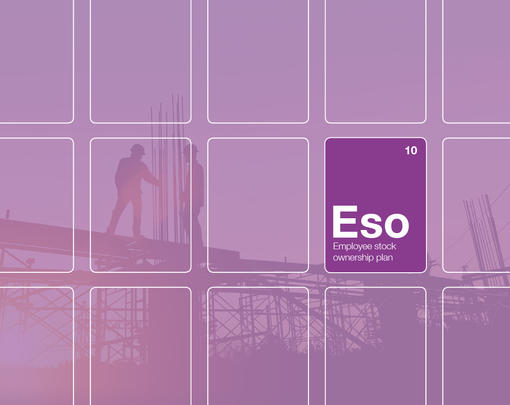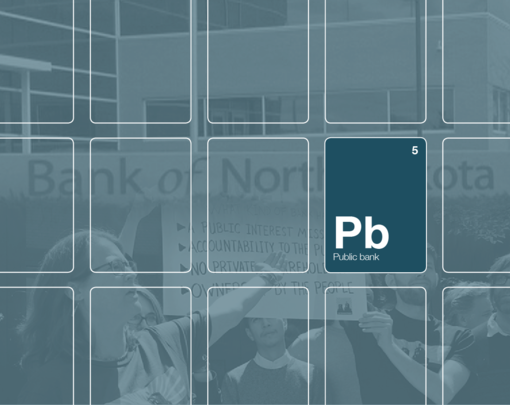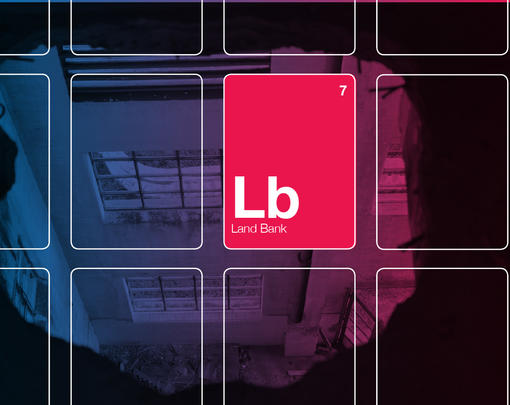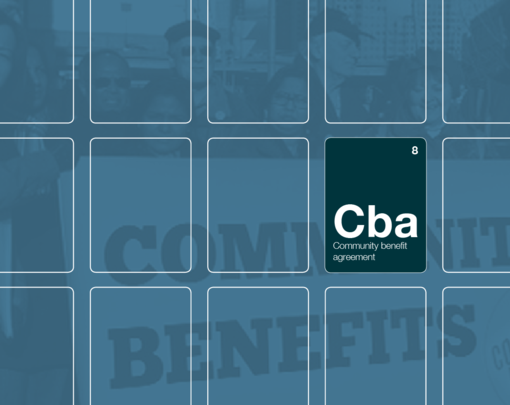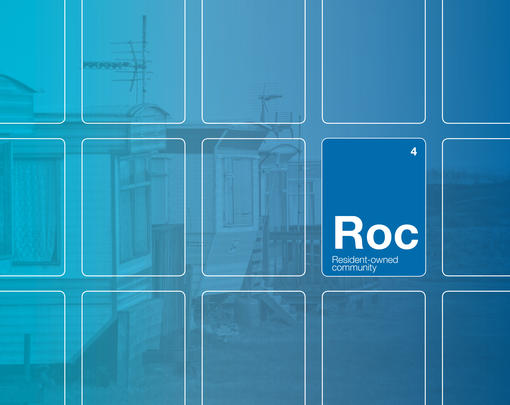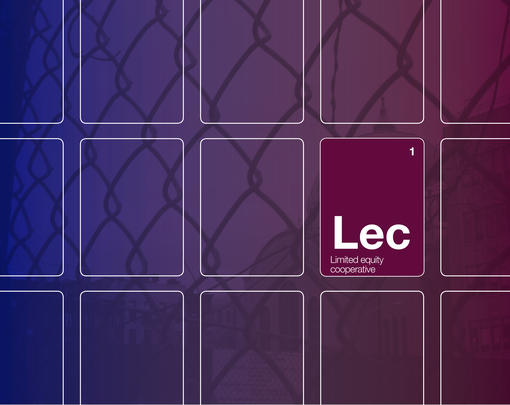Description
CLTs are nonprofit organizations that acquire and steward land in a “trust” for the permanent benefit of low-income communities.
A CLT holds ownership of land in perpetuity, while residential and commercial tenants own the homes, stores, and other structures established atop the land via a ground lease with the CLT organization. By separating ownership of the land and the residential or commercial developments on the land in this manner, a CLT can ensure that public and private investments used to maintain the affordability of the housing and other establishments remain within a community for generations. Core to this strategy are the limits placed on the amount of equity a CLT lessee is able to pocket at the time of resale or property transfer as well as the tripartite governance system which provides CLT lessees, community members, and CLT managers with equal representation and decision-making power in the CLT.
Potential Impact
With meaningful public investment & support, CLTs can help redefine affordable housing, strengthening a culture and practice of ownership among historically marginalized communities.
There are an estimated 225 CLT organizations across the United States, a number set to increase as affordable housing rights activists and advocates in communities burdened by the loss of affordable housing and under consistent threat of displacement build successful campaigns for long-term investments in affordable housing. While many of today’s CLTs focus primarily on supporting rental and homeownership opportunities, other prevalent and emerging uses include food production, community gardening, commercial centers, and recreational facilities. In this way, CLTs create opportunities for low- and moderate-income families and entrepreneurs to participate in the benefits and culture of ownership with the support of a locally-based organization that works to increase stability, mobility, and generational wealth. Hence, a CLT disrupts the extractive, speculative, and unsustainable status quo of our current land use and housing system, ensuring that society’s most valuable resource, land, can be accessed by all people, not just those lucky or privileged enough to benefit from past land and housing policy.
Transformative Characteristics
Inherently, CLTs act as safeguards of limited resources, maximizing public investments for long-term impact while providing a structure for local communities to meet the needs of their time.
CLTs contrast with conventional affordable housing strategies which typically offer prospective homeowners or housing providers a one-time subsidy, that is neither recaptured or regenerated once a homeowner sells their home, a home is foreclosed upon, or affordability regulations and agreements for rental housing expire. With CLTs, the private and public investments used to create affordability not only stay within the community but are regenerated to support additional families or tenants, furthering the reach and impact of the often-scarce resources.
“It’s the only concrete or tangible way to prevent displacement into the future,” says Diane Linn, the Executive Director of Proud Ground, a CLT that has served more than 350 families throughout the Portland metro region since 1999. Reflecting on her years of advocacy and public service fighting for affordable housing, Linn emphasizes, “You can do [anti-displacement] policies. You can encourage people do all kinds of stuff. You can incentivize. Normally, that doesn’t work as well.”
Examples
Proud Ground (Portland, OR)
Est. 1999
Service Area: Regional
Focus: Scattered-site single-family homes
First created by the City of Portland in 1999 as a municipal land trust, Proud Ground quickly expanded into Portland’s surrounding counties as leaders around the region bore witness to the rising cost of real estate and the loss of affordable housing opportunities for longtime residents in the Portland metro area. To date, Proud Ground has supported more than 350 families in the purchase of more than 280 homes. The typical Proud Ground homebuyer makes an average income of $41,000 or 65 percent of AMI at the time of purchase. Moreover, a recent report published reveals that average Proud Ground homeowner earns an estimated $60,000 in equity after ten years of homeownership including limitations on equity.
Maggie Walker CLT (Richmond, VA)
Est. 2017
Type: Local
Focus: Scattered-site. Single-family
Despite efforts of several affordable housing organizations to provide affordable housing opportunities and services to residents in a gentrification-stricken community in Richmond, local leaders continued to see the forces of displacement threaten longtime community members. Seeking a permanent solution, local advocates worked to establish and break ground on the Maggie Walker Community Land Trust, named after the first woman of color to establish a bank in the United States. Thus far, the developing CLT has gained the support of Bon Secours Health System, which granted the CLT $140,000 in community benefit funds, as well as Virginia Credit Union, which has committed to multi-year contributions of $100,000 in support of families making 50 to 115 percent of AMI.
Challenges
The impact of a CLT can be stymied if the price to acquire property is out of reach, if the needs of speculators are prioritized in such a way that a CLT is at a disadvantage in its effort to grow to scale, or if the tenant and community engagement needed to support strong CLT governance falls short on its commitments.
More resources
Grounded Solutions Network is a national organization driven by local CLT members, which also provides technical support and expert resources on CLT development and best practices: https://groundedsolutions.org/
Video
Download and share
The Next System Project’s Elements of a Democratic Economy is an ongoing series introducing the basic institutional designs of a transformed political economy.

